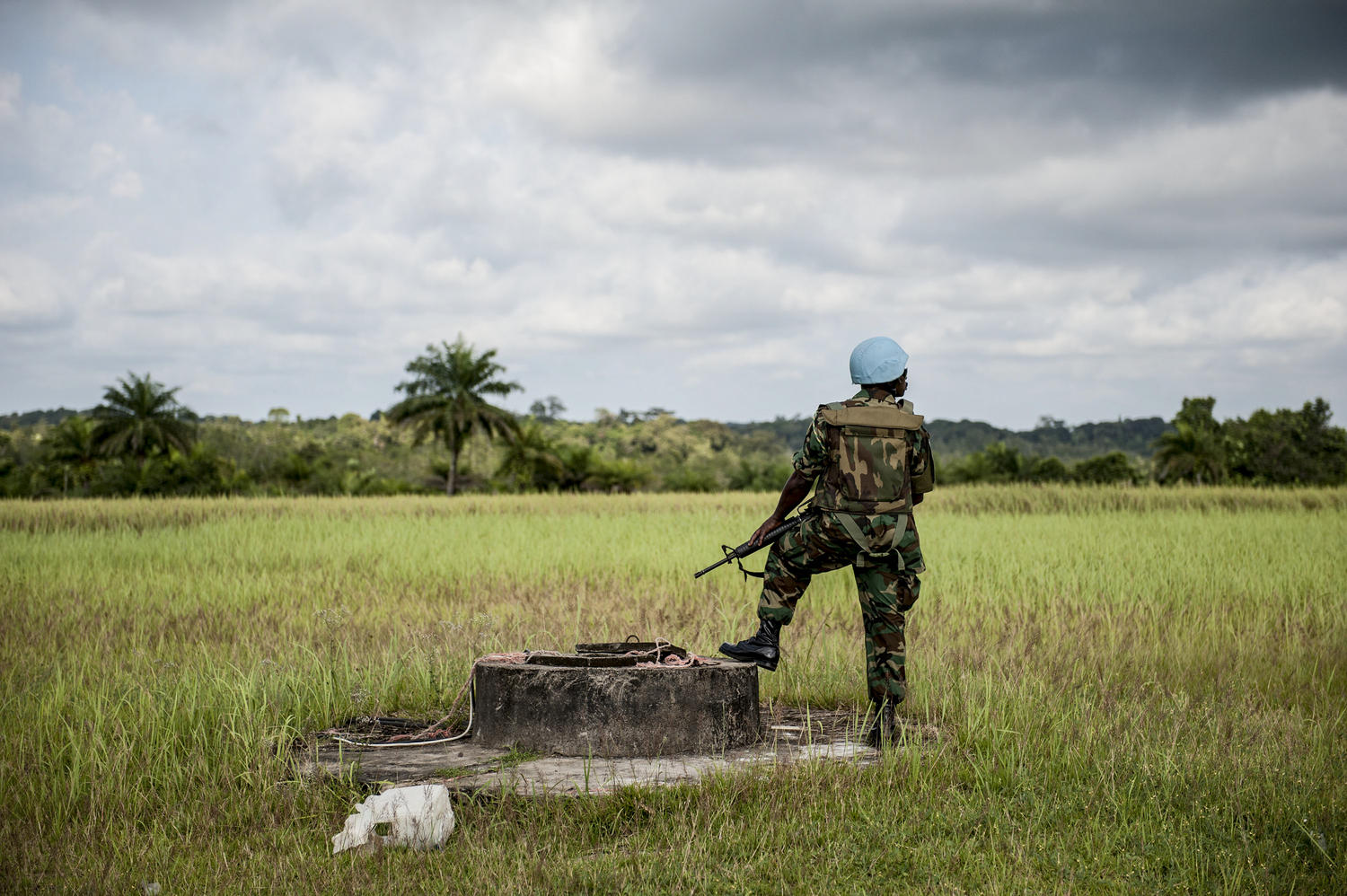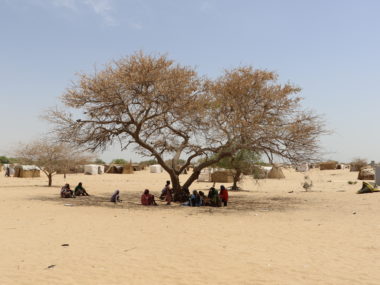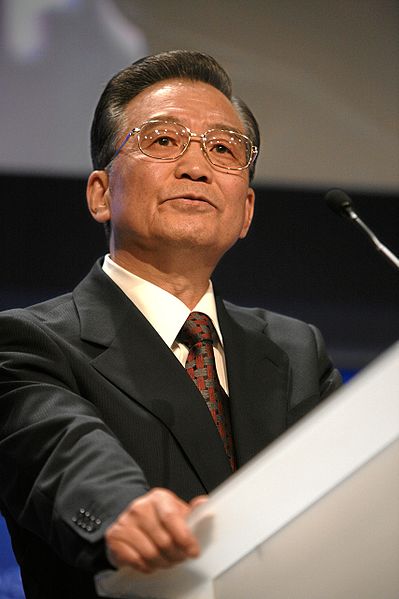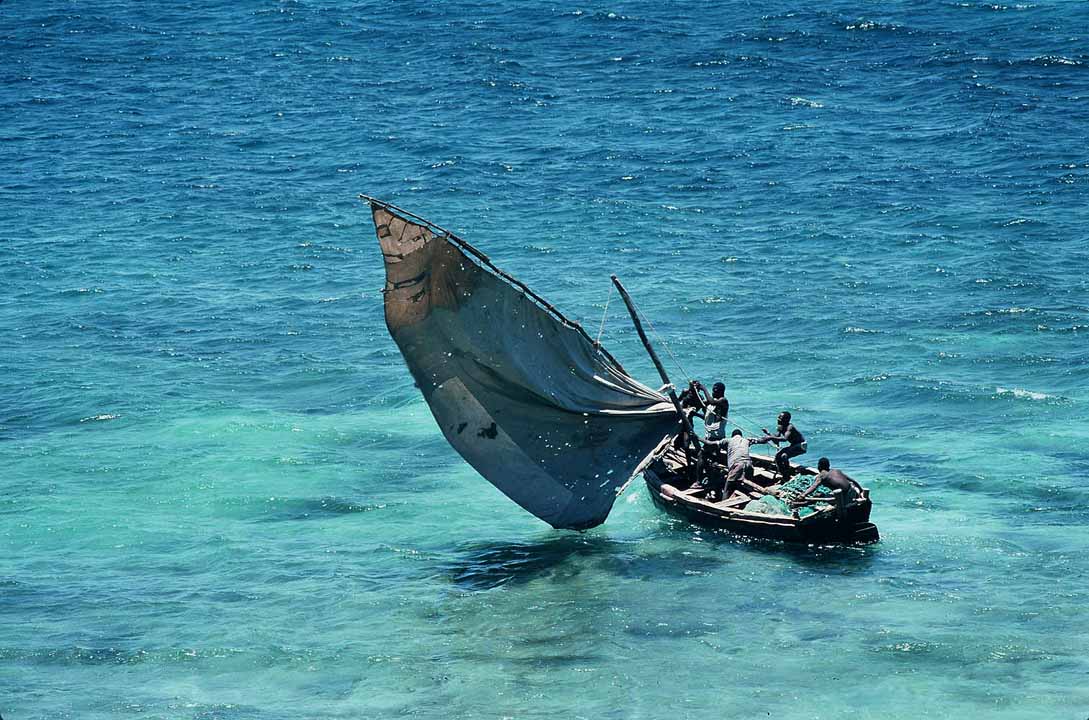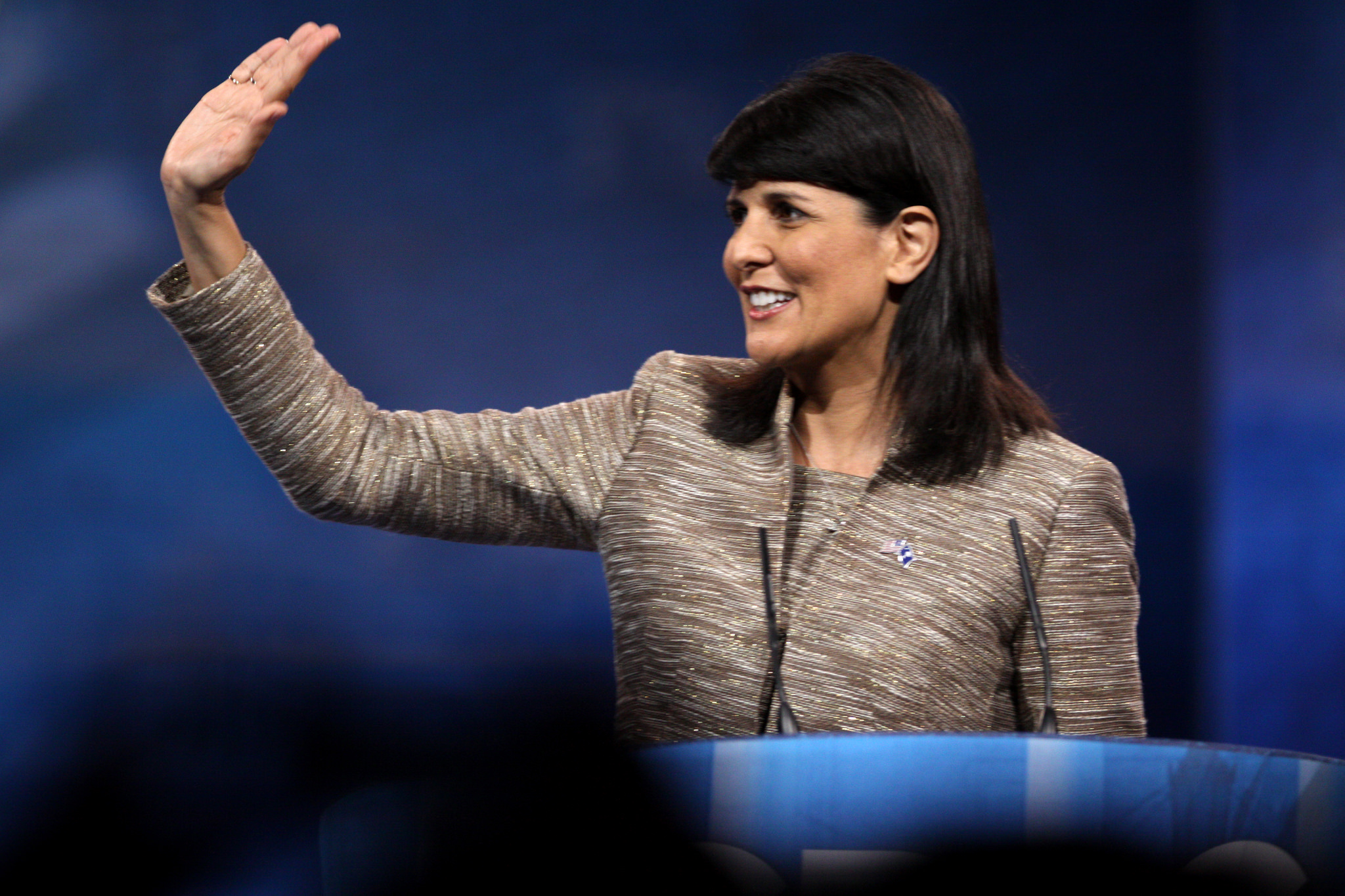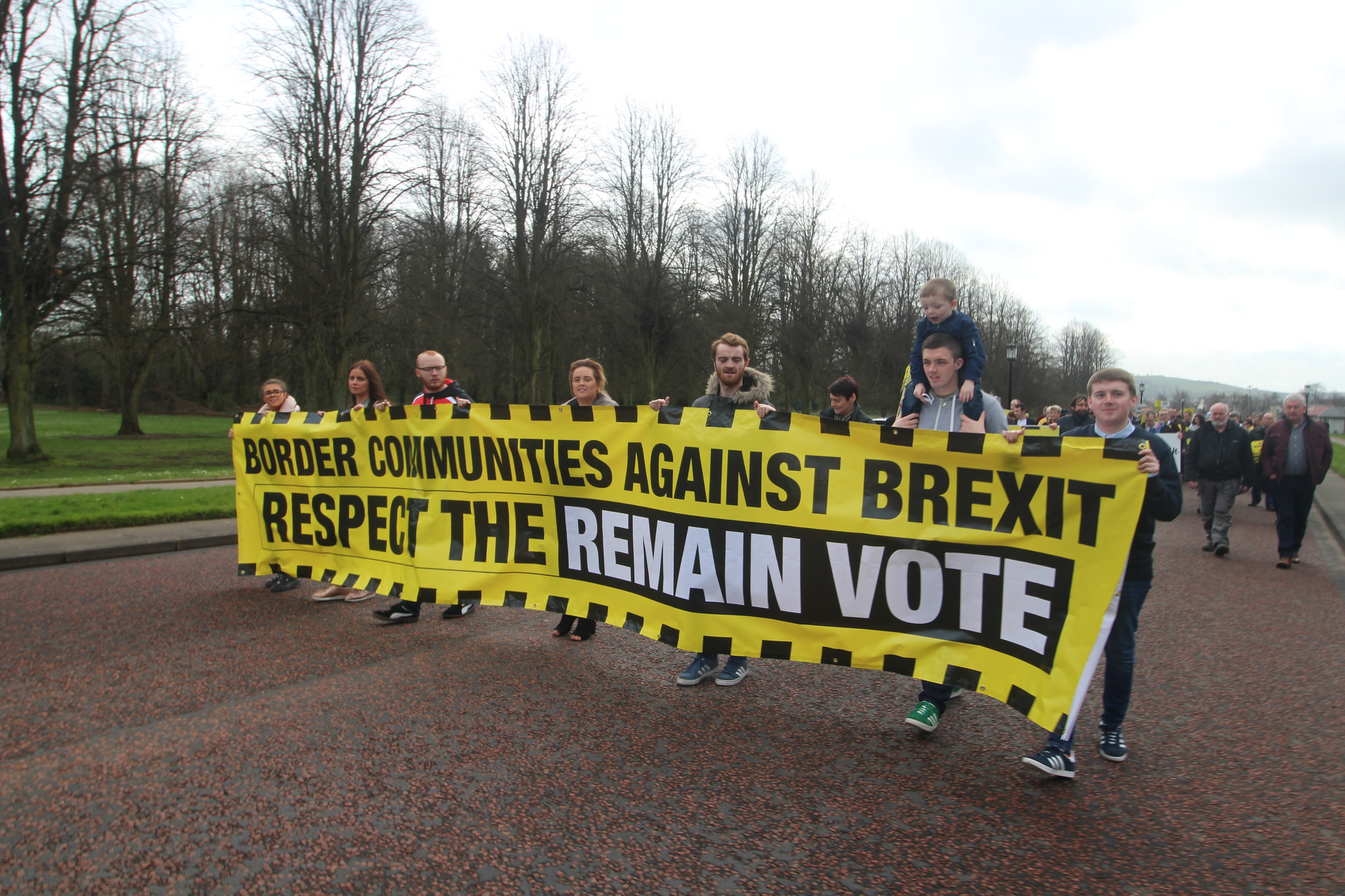By Aaron Stanley for Denver Dialogues.
Perspective is everything. If I were visiting New York City and wanted to get a pastrami sandwich, I could ask someone from Thailand, but I’d probably be better off asking someone who has lived on the Upper West Side of Manhattan their whole life. Similarly, if I want to know about how young Kenyans are using social media during elections, a good bet is to ask a young Kenyan. These are two very different examples, but the point is evident.
Talking about peace, security, and development can look substantially different in New York than in Nairobi, and local insights can vastly change prioritizations and analyses. The oft-cited and broadly accepted—but rarely implemented—idea that local understanding should be integrated into considerations and decision-making at the international level has failed to regularly and substantially bring the appropriate expertise into ongoing debates.
In February and March 2018, Scott Malcomson and I spoke with peace and security experts in East Africa for a nine-episode podcast series titled Peacebuilders on Carnegie Corporation of New York’s Diffusion Podcast channel, which is now available in its entirety. The goal was to support the amplification of African voices on critical peacebuilding topics into international debates. Fighting against the tide of Western-based voices, the podcast aimed to bridge the gap between conversations in Nairobi, Addis Ababa, and Mogadishu; and those in New York, Washington, Brussels, and London. The perspectives we heard were in-depth, cutting, and forward-thinking.
In fact, a key theme of our discussions was the changing landscape of the international community. Elissa Jobson of International Crisis Group laid out the shifting European priorities. She argued that the European Union’s interest in funding large-scale African Union-led peacekeeping initiatives, like the African Union Mission in Somalia (AMISOM), is waning. As European priorities shift and the United States’ focus on Africa dwindles in the current administration, new and emerging actors are filling those gaps. In the Horn of Africa, Gulf States have extended their rivalries into relations with countries such as Somalia and Djibouti; China is playing an increasing role in Ethiopia, Kenya, and South Sudan; and Turkey’s largest embassy in Africa is in Somalia.
As much as emerging economic powers are playing a role, Wilfred Muliro of the Technical University of Nairobi argued that neighboring African countries are becoming the dominant conflict resolution actors on the continent. One example is the Intergovernmental Authority on Development’s (IGAD) current efforts to mediate a dialogue process between South Sudanese aggressors. Another example of this type of orderly neighborly conflict resolution is the Economic Community of West African States’ (ECOWAS) intervention to maintain the integrity of the electoral process in The Gambia.
While external actors are intervening, national politics and local dynamics are the underpinnings of conflict. George Gathigi of the University of Nairobi argued that the Kenyan government’s devolution process—instituted by the new constitution after electoral violence in 2012—has changed the conflict dynamics in the country. Devolution has created territories where ethnic constituencies are competing among themselves for the same fiscal resources. At the same time, local-language news is growing across Kenya, which some argue is factionalizing politics along ethnic lines. Ultimately, as Pamela Mbabazi of the Institute for Peace and Security Studies at the University of Addis Abba contends, the results of the devolution process on the country’s future stability are still being debated.
Throughout the conversations, it was clear that there is ongoing debate in the region not visible to casual observers. While Gathigi argued that ethnicity could not be removed from any discussion of conflict in Kenya, political activist and commentator Nanjala Nyabola argued that ethnicity is an overly-emphasized angle for analysis. As Jok Madut Jok of the Sudd Institute reasoned, there is still hope for the IGAD dialogue process on South Sudan. Getachew Zeru of the Ethiopian Civil Service University rebutted that the neighboring countries that constitute IGAD had too many conflicting to serve as effective arbiters of the conflict.
Each commentator’s deep expertise and long involvement with these issues underpin the debates. Local and integrated understandings offer an essential perspective; unfortunately, these perspectives tend to remain largely peripheral to international decision-making. The good news is that a number of programs and networks are bringing African peacebuilding expertise to the fore. For example, the African Peacebuilding Network (APN) at the Social Science Research Council provides fellowships to advanced junior scholars. Notable names in the field, such as Peace Medie, Godfrey Maringira, Amy Niang, and Kenneth Omeje, have all received funding through the network.
Similarly, the Southern Voices Network for Peacebuilding initiative—housed at The Wilson Center—is a network of 22 peacebuilding research institutions and think tanks across the continent. Members, such as the West African Network for Peacebuilding (WANEP), have been influential for establishing conflict early warning systems for the Economic Community of West African States (ECOWAS). The Institute for Peace and Security Studies at the University of Addis Ababa regularly organizes the high-level Tana Forum, which is the African equivalent to the Munich Security Forum.
The podcast project produced by Carnegie Corporation of New York is just one example of the range and depth of opinions on critical peace and security topics that are possible when providing open and accessible platforms to African experts. Long-running lip service to local expertise is no longer adequate with the number of high-quality African scholars bridging the gap between the academic and policy worlds. Perspective is everything.
Aaron Stanley is on the International Peace and Security team at Carnegie Corporation of New York. The views expressed do not necessarily represent the opinions of the Corporation.

